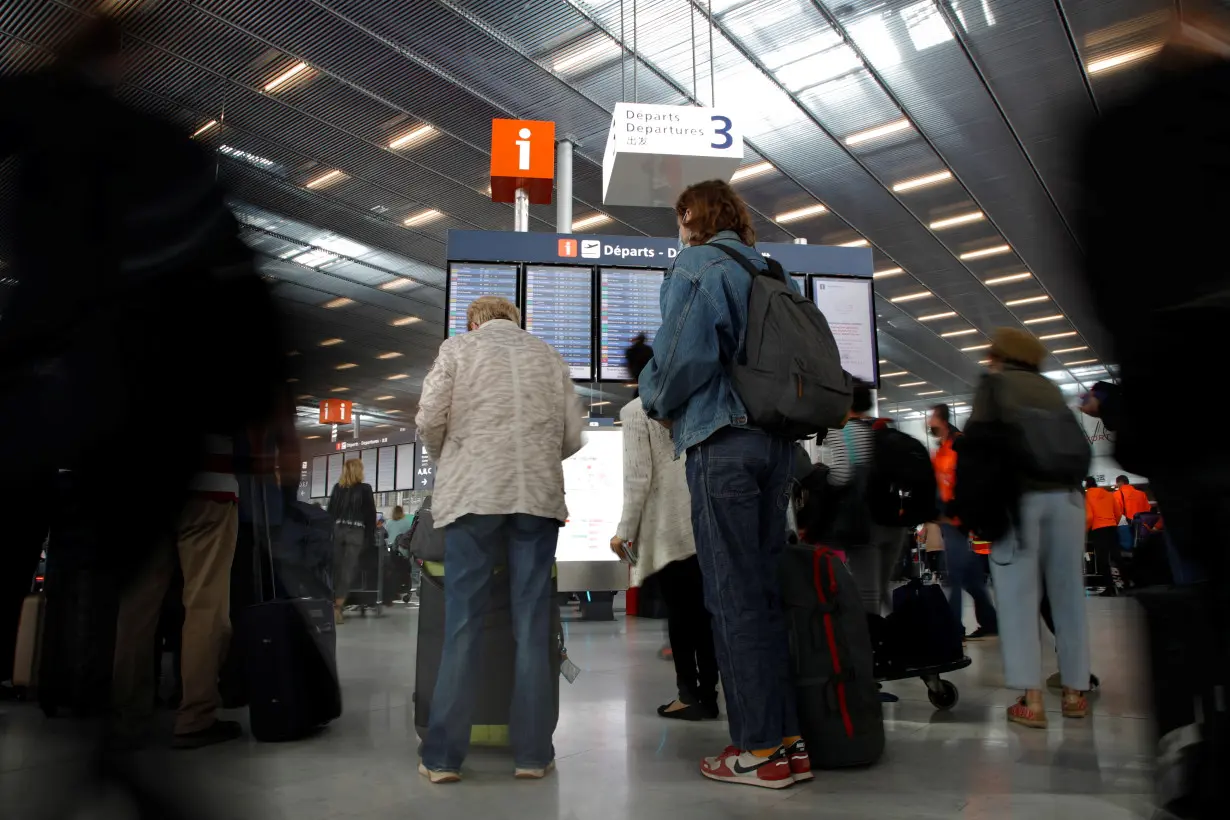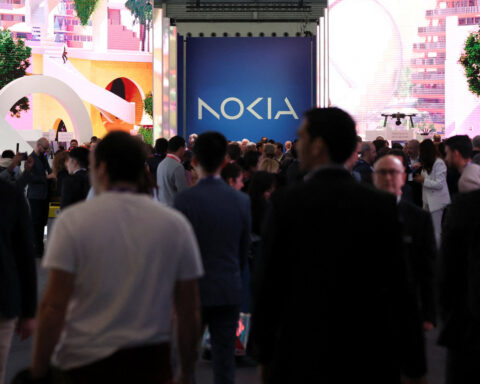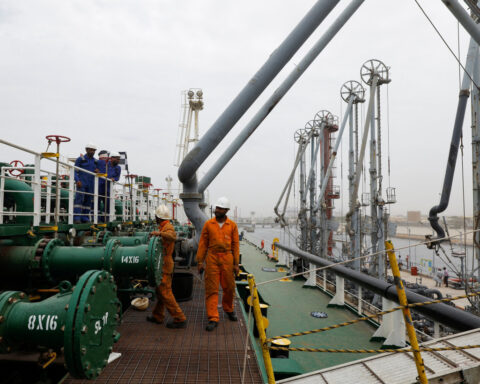PARIS/LONDON (Reuters) - Delays and flight cancellations were set to impact swathes of Europe on Thursday, after authorities failed to reach a deal with some French air traffic control workers to avert a strike.
France's DGAC civil aviation authority said on Wednesday it had asked airlines to cancel 75% of Thursday's flights at Paris Orly airport, 55% of flights at Paris Charles-De-Gaulle and 65% of flights at Marseille.
Air traffic control strikes in France frequently impact travel in Europe, limiting not only flights into France but also across the country's airspace.
Ryanair had warned it would have to cancel over 300 flights, including from Great Britain to Spain or to Italy, as a result of Thursday's strikes, renewing pressure on European Union officials to place more pressure on France to limit the impact of the labour actions.
"French air traffic controllers are free to go on strike, that's their right, but we should be cancelling French flights, not flights leaving Ireland, going to Italy, or flights from Germany to Spain or Scandinavia to Portugal," Ryanair Chief Executive Michael O'Leary said in a statement on Wednesday.
The cancellations came even after the SNCTA, the biggest of France's air traffic controllers union, said it was calling off the April 25 strike after reaching a deal with management over working conditions.
The deal came too late to avoid traffic disruptions and discussions had still not been finalised with other unions, DGAC said.
"While the withdrawing of strike notice may offer some relief for some passengers, its last-minute nature means that there will still be significant disruption to flights in France and across parts of Europe," said Ourania Georgoutsakou, head of industry group Airlines for Europe (A4E), on Wednesday.
A4E said 16,000 flights were cancelled and 85,000 delayed last year due to air traffic control strikes in Europe.
Airline officials have also voiced concerns that air traffic control strikes could pose a risk to the Paris Olympics if sufficient deals aren't struck in advance.
With over a million travellers expected to pass in and out of Paris during the Games, strikes could cause even wider spread disruption.
(Reporting by Joanna Plucinska in London and Dominique Patton in Paris; Editing by Benoit Van Overstraeten)

 Germany sees meat exports to EU continuing after foot-and-mouth case
Germany sees meat exports to EU continuing after foot-and-mouth case
 Parliament speaker to lead Taiwan delegation to Trump's inauguration
Parliament speaker to lead Taiwan delegation to Trump's inauguration
 German economy contracted 0.2% in 2024
German economy contracted 0.2% in 2024
 Middle East latest: Palestinian prime minister says Palestinian Authority should run Gaza in future
Middle East latest: Palestinian prime minister says Palestinian Authority should run Gaza in future
 Nokia signs multi-year patent license agreement with Samsung
Nokia signs multi-year patent license agreement with Samsung
 Irish parties secure 'comfortable majority' for new government
Irish parties secure 'comfortable majority' for new government
 Bayern Munich signs US youngster Bajung Darboe from LAFC
Bayern Munich signs US youngster Bajung Darboe from LAFC
 Novak Djokovic breaks a tie with Roger Federer for the most Grand Slam matches in tennis history
Novak Djokovic breaks a tie with Roger Federer for the most Grand Slam matches in tennis history
 China's RedNote: what you need to know about the app TikTok users are flocking to
China's RedNote: what you need to know about the app TikTok users are flocking to








